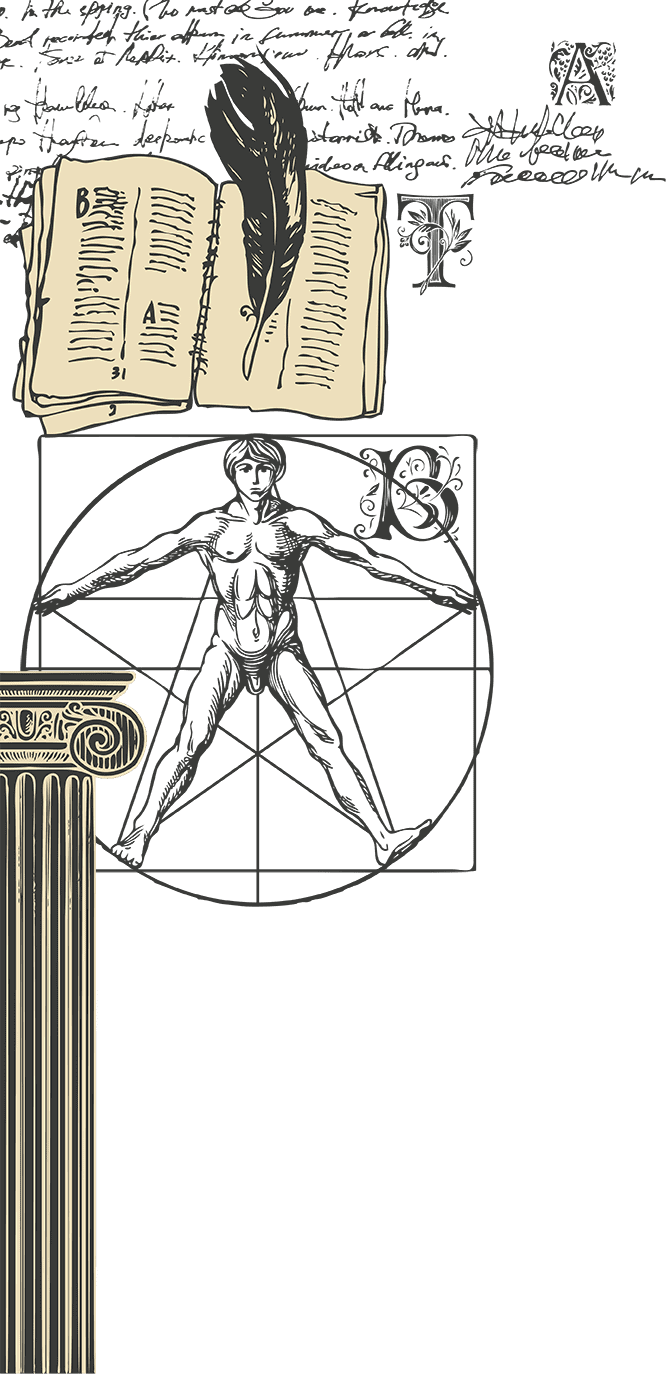
The concept of reading has undergone a profound transformation in the digital age. In a world where information is consumed in bite-sized chunks, the deep experience of reading a book is becoming increasingly rare. Imagine if the government formed a specialized ministry, focused not on promoting a singular viewpoint but on cultivating an environment that nurtures critical thought.
Utilizing data like magazine subscriptions and online reading habits, this ministry could identify what topics engage each individual. A person enamored with science wouldn’t receive a romantic novel, but literature that expands their scientific curiosity. The goal is intellectual diversity, not homogeneity.
The implications for a country adopting such an initiative are immense. Well-read citizens are often more equipped to engage in informed discussions. This fosters a political climate that prioritizes reasoned arguments over jingoistic rhetoric. Instead of being easily swayed by politicians, an informed electorate would demand substantive discourse and make more informed choices.
This initiative would elevate society from one that is merely literate to one that is well-informed. Literacy extends beyond the ability to read and write; it includes the capability to understand, interpret, and critique. A society built on these principles would be inherently resilient, capable of critical thought, making it robust and dynamic.
Books, the greatest repositories of human wisdom, have taken a backseat in today’s world. Libraries are visited less frequently, and bookstores are increasingly shifting focus towards more commercial products. Orchestrated steps to promote reading would safeguard this valuable tradition while enriching society’s fabric.
A concerted effort to encourage reading could serve as the cornerstone for a society built on knowledge and critical thought. It’s not merely about preserving tradition but about laying the foundation for a future where informed citizens contribute to a healthier, more nuanced discourse. This initiative would create a nation that is truly of the people, by the people, and for the people, in the most intellectually enriching sense.
